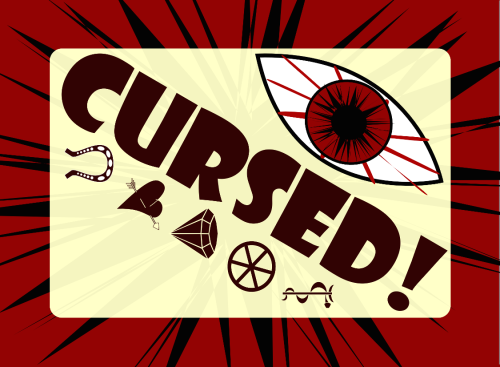Game Review: FTL (Faster Than Light)
FTL is a roguelike-like space adventure from Subset Games that was Kickstarted in 2012 and released that same year. It is soon (early 2014) to get a major update, after which we’ll update this review or write a new one (seems like the update could make it a whole new gameplay experience). It’s available for Mac, Linux, and Windows and its simplicity means you can run it on almost any setup without worrying about hardware requirements.
The storyline is that you are in command of a ship with information vital to the federation, making your way though potentially hostile space in order to defeat the rebels. You accomplish this mission by moving from beacon to beacon through successively more challenging encounters at each one. The journey has the same overall structure each time, but the character of the space (rebel-controlled, nebula, etc.) and the layout of the beacons within each zone is random, which makes for great replay value.
There are two main types of encounters you can run into: combat and everything else. Combat is usually your ship against another (though sometimes just against invaders). You can pause at any time during combat to re-allocate power among your various systems, change orders for crew, retarget weapons, or just plain wonder how the hell you’re going to keep your ship from exploding when the engine room is on fire, the remote door controls are smashed, and the sick bay has a giant hole leeching oxygen to outer space.
The everything else encounters are choose your own adventure style. All the interaction is text based with a few choices on how you react (more choices can be opened up if you’ve got special systems or crew on board, but they aren’t visible if you don’t). Some of the encounters are plot points where the outcome is fairly predictable, but if you find a space station full of Giant Alien Spiders, be careful, because you never know what the outcome will be.
The graphics and soundtrack are retro and well done. There isn’t a lot of extraneous art, and I wouldn’t call the ships beautiful, but the simplicity allows them to put in a lot of useful detail so that you can successfully control your ship and all its systems and crew from just one screen. Everything is controllable either with mouse or keyboard (though that is a lot of hotkeys to keep track of).
One of the surprisingly great things about FTL is that you feel very little attachment to your crew. They’ve got nice, generic names, all crew of the same race use the same sprites, and you don’t care too much when they die (and die they will). This lack of attachment makes it easy to take risks and to restart from scratch once your ship is destroyed or left floating as an empty, airless derelict. While you can save your progress in FTL, you cannot reload. This is not a game for people who cannot lose, and for that we applaud it.
A downside to replaceable characters and a randomized, fixed-choice format is a rather thin plot: federation good, rebels bad, aliens some of each, don’t get hit by the asteroids. There is not a lot of detail in the random encounter stories and there is only slightly more in the plot points. It is hard to say, though, where they could have fit more story in. The quick playthrough (thirty to sixty minutes) doesn’t leave much time for developing story arcs and extra time for storytelling would leave less time for lobbing missiles and teleporting boarding parties. Subset made the right call in keeping the writing simple and to the point, but we just can’t help but feel that a little something has been left out. That probably says more about us, storytellers that we are, than it does about FTL.
One tip for anyone about to try FTL: PAUSE A LOT. Forgetting to pause has been the downfall of many Kestrels. All orders can be given during a pause, so there isn’t any real reason not to do so. It is a credit to the developers that the game is so engaging that we often forget to hit that spacebar.
FTL is simple and refreshing. The third or thirtieth experience is just as good as the first, like a nice dry cider should be. It’s not complicated, but it is fun, and that is why we like it so much.


Leave a Reply